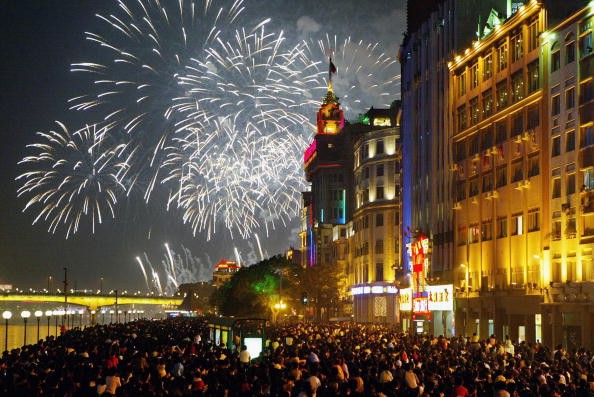Holidaymaking during the Chinese New Year saw hotel room prices rise in several Chinese southern coastal cities--some hitting close to 100,000 yuan nightly. Chinese travelers from smog-filled cities north of the mainland such as Beijing and Shanghai went on a booking spree in destinations south of China.
China's northeastern urban corridor has long been blighted by air pollution problems throughout winter, with Beijing--probably the worst-hit city, recording a staggering PM2.5 of 547 micrograms per cubic meter during the holiday's first day, exceeding the World Health Organization's safe level of 25 micrograms.
In a bid to escape harsh conditions induced by both the biting winter and unhealthy smog, Chinese travelers from the northeast have planned their escape in luxury hotels within China's southern areas--in the Hainan, Guangdong, Fujian, and Yunnan Provinces.
The popularity of luxury hotels among Chinese travelers during the Chinese New Year has been due to two prominent reasons: the desire to avoid spending more time and energy for party preparations and the fact that not too many hotels charge more during the festive holiday.
That last consideration, however, has seen a remarkable change, in that luxury hotels in southern Chinese cities such as Sanya, Zhuhai, and Xiamen have seen room prices skyrocket for up to four to five times the original price, per the data provided by prominent Chinese travel website Ctrip.
Sanya, for instance, has a minimum regular price of 5,000 yuan per room in hotels like the Intercontinental, Park Hyatt Mangrove Tree Resort, and Mandarin Oriental, although high demand during Chinese New Year holiday imposed inevitable price variations.
Ctrip also remarked that the most expensive room in Sanya during the Chinese New Year holiday has been priced at 98,888 yuan--a lodge equipped with its very own swimming pool, at the ultra-luxurious St. Regis Sanya Yalong Bay Resort.
Everything told, the exorbitant prices of hotel rooms across China's southern coast is indicative of rising demand among Chinese travelers, having gained the money to spend as the country's rapidly-booming economy continues to bring in the good times.




























